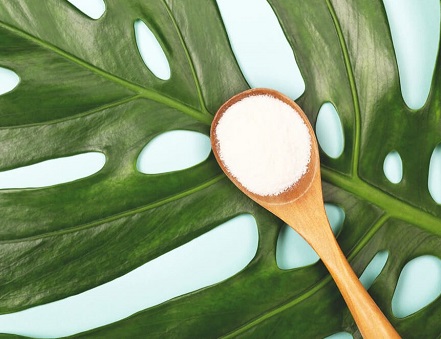
Vegan Collagen NZ
Products claiming to be 'vegan collagen' are products that aim to boost the body's production of collagen naturally - but as such, are not actually collagen.
'Vegan collagen' is something we've been keeping our eye out for. We've been scouring the world trying to find such a product.
We see the occasional 'vegan collagen' popping up here in New Zealand and we get a little excited because we'd love to stock such a product, if it exists.
There are scientific advancements but when you try to 'define’ what collagen is - it’s a protein of the skin, tendons, ligaments, cartilage, and bone.
In other words, collagen is animal based and not vegan friendly. Therefore collagen (peptides) are not suitable for those who do not consume animal based products.
Products claiming to be 'vegan collagen' are products that aim to boost the body's production of collagen naturally - but as such, are not actually collagen.
These vegan collagen boosters include 'rose collagen', vitamin C, other berries and citrus fruits, and hydrolysed corn and sunflower proteins.
What is Collagen?
Collagen is the connective tissue that accounts for up to 30% of proteins in our body.
It is the most important structural protein in our body and the primary protein in connective tissue such as bones, tendons, ligaments and cartilage. Collagen makes up 90% of connective tissue, 90% of organic bone mass, and 70% of our skin.
Collagen production naturally begins to slow from our early 20s and by the time we are in our 60s collagen levels are around half. This can give way to joint stiffness, weaker bones, more wrinkles, saggy skin, and thinner hair and nails.
Plant Based Foods to Increase Collagen Production
Some plant based foods are believed to promote collagen production in the body:
Vitamin C

Vitamin C plays a role in the production of a precursor to collagen. And, it is known that deficiency causes skin fragility (aged skin).
Vitamin C can be found in citrus fruits such as grapefruit, lemons, oranges, and limes.
Other sources of vitamin C include broccoli, berries, kale, tomatoes, and red peppers.
Aloe Vera
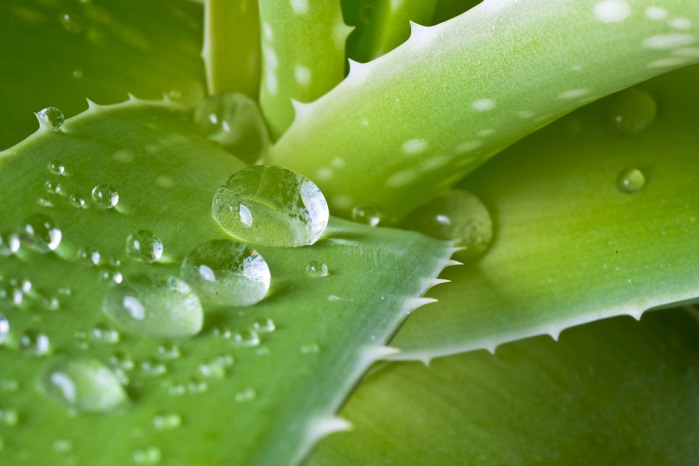
Aloe vera has traditionally been used to help with burns and cuts. This is because it has been shown to increase collagen content of wounds when applied topically, which accelerates wound healing.
Studies have linked aloe vera with improved skin quality when applied to the skin or taken orally.
Beans
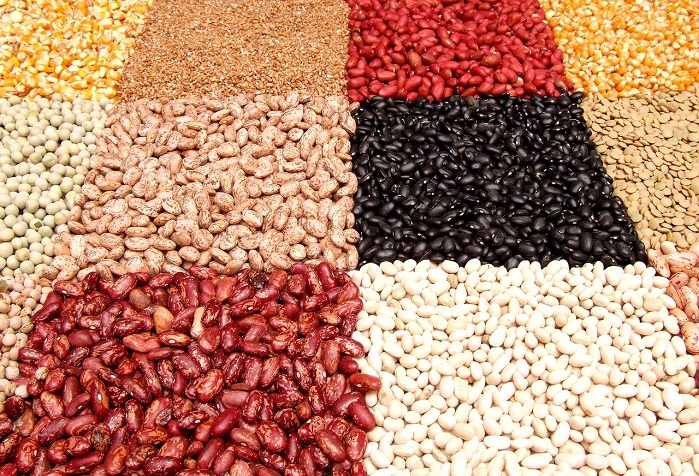
The body requires certain amino acids for collagen synthesis. Beans are high in protein and amino acids needed for this process.
As an added bonus many contain copper which is another nutrient that's linked to collagen production in the body.
Algae
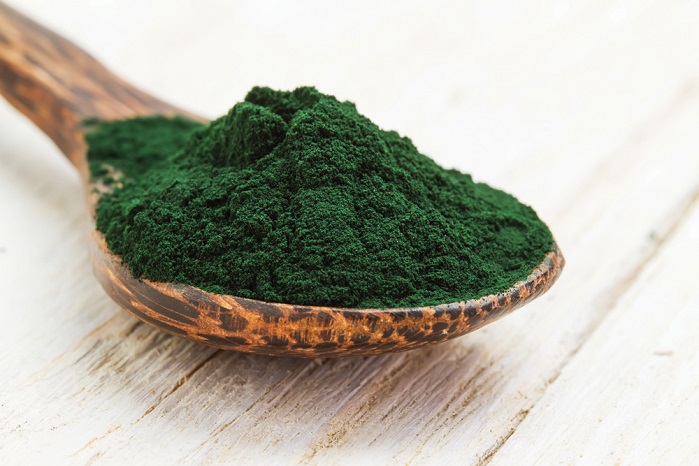
Algae is a marine plant product that can help to stop skin from losing collagen and elasticity caused from oxidation.
Most skin damage is caused by oxidative stress (exposure to pollutions, sun, and elements that can damage skin cell growth).
Antioxidants
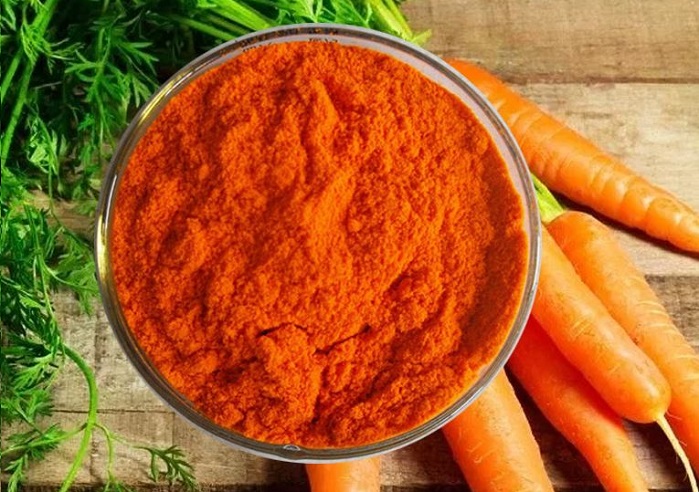
Antioxidants neutralise free radicals. Vitamin A (beta carotene) has been shown to improve skin elasticity and help to improve natural collagen production.
We use beta carotene as a natural colour in many of our products. It's also found in carrots, leafy vegetables, and kumara.
Conclusion
Products advertised as 'vegan collagen' are not actual collagen, but rather collagen boosters aimed to help the body's natural production of collagen.
There are currently products marketed falsely in NZ as vegan collagen.
Collagen must be derived from animal parts and therefore at the time of writing this we are unaware of any such 'vegan collagen' in NZ.
